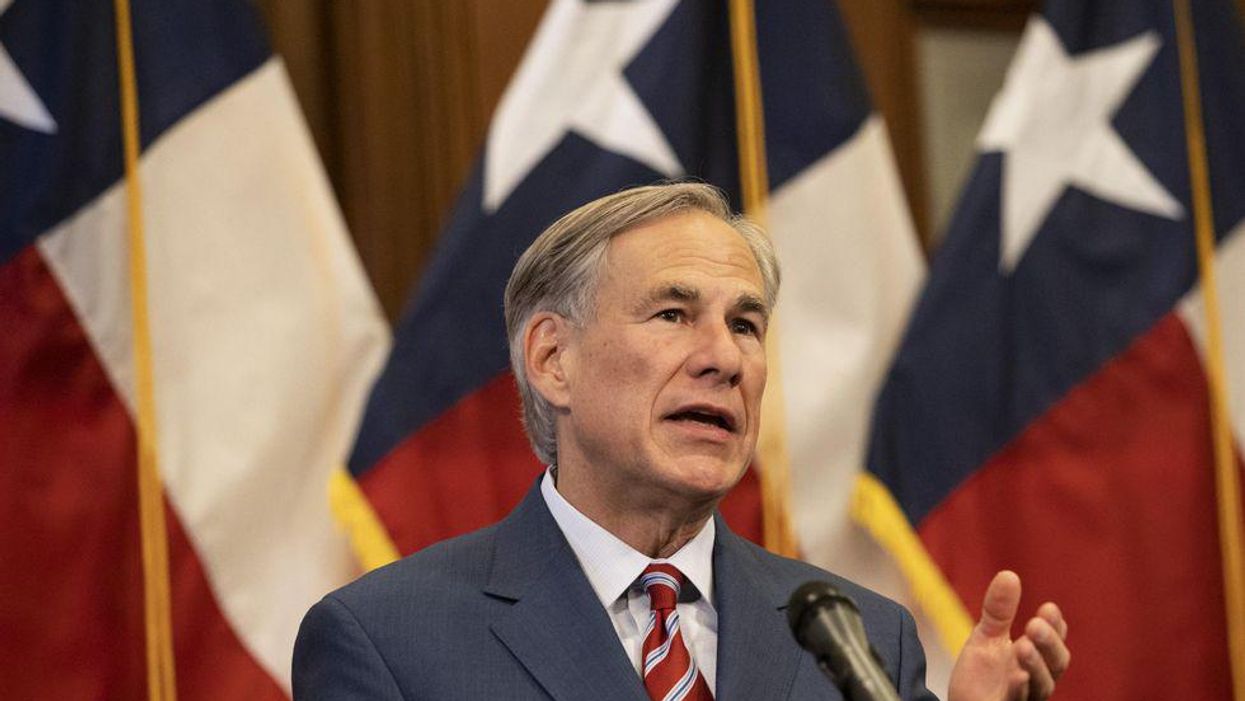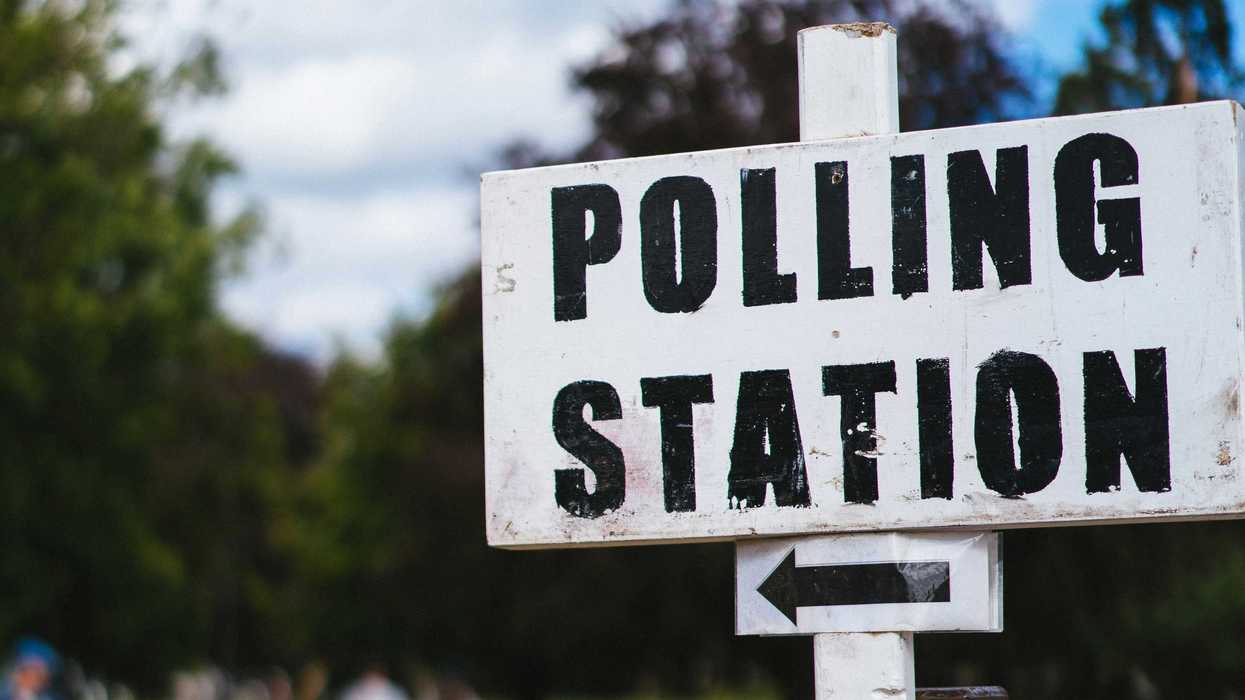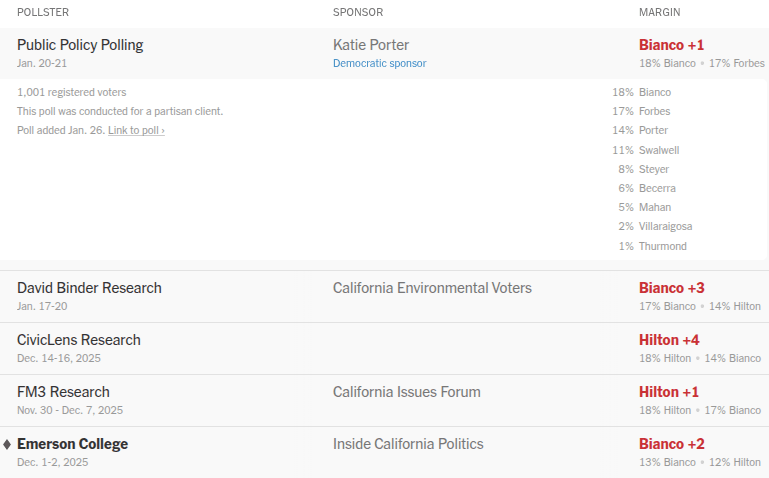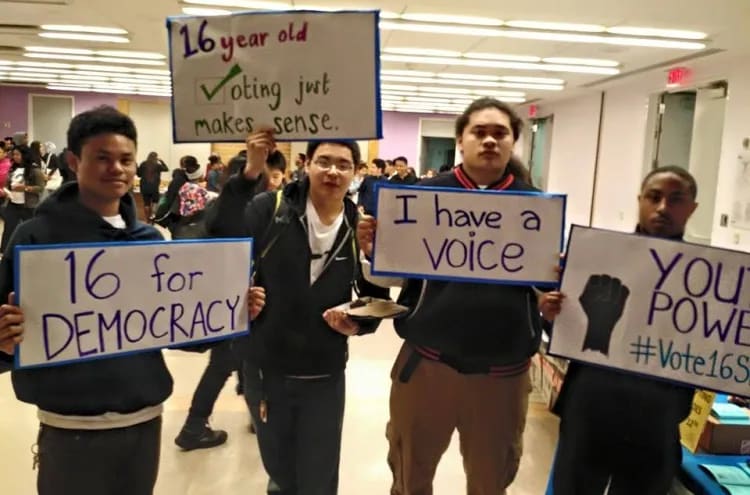Gov. Greg Abbott on Tuesday signed into law the GOP-backed package overhauling Texas' elections, solidifying some of the most severe limits to voting access proposed this year.
The Texas GOP's efforts to pass this legislation were twice thwarted by Democratic lawmakers who fled the state and prevented the bill from moving forward due to lack of a quorum. However, once enough Democrats returned to the state in mid-August, Republicans resumed advancing the election changes.
The election overhaul legislation largely limits voting by mail, empowers partisan poll watchers and rolls back local initiatives that promoted voter access. Voting rights advocates say these changes will make it harder for Texans — in particular people of color, disabled individuals and those with limited English language proficiency — to vote.
What will the new law change?
The massive 76-page law, known as Senate Bill 1, makes several changes to Texas' election and voting rules. Abbott and Republican state lawmakers say the new law will bolster election integrity and make it "harder to cheat" — despite no evidence of widespread voter fraud during the 2020 election in Texas or elsewhere in the country.
Election integrity is now LAW in Texas.
This law:
▪️ Ensures every eligible voter gets to vote
▪️ Adds more hours to vote
▪️ Makes it harder for fraudulent votes to be cast
▪️ Makes ballot harvesting a 3rd degree felony
Bottom line: it's easier to vote & harder to cheat. pic.twitter.com/p9IDQg95IK
— Greg Abbott (@GregAbbott_TX) September 7, 2021
The law bans drive-thru voting, which allows voters to drive up to an official voting location (usually under large tents), show photo ID and then remain in the car while filling out their ballot. This was a popular voting option during the 2020 election with 1 in 10 Texans casting an early ballot this way.
Another way SB 1 limits early voting availability is by banning 24-hour voting centers. The new law sets the early voting hours to be from 6 a.m. to 10 p.m., prohibiting the all-day voting centers offered in Harris County, the state's most populous county.
However, the law does require more counties to provide at least 12 hours of early voting on each weekday of the last week of the early voting period. Previously, only counties with populations of 100,000 or more were required to do so, but SB 1 lowers the threshold to counties with a population of 55,000 or more.
Under this law, it is now a state jail felony for local election officials to send mail ballot applications to voters who do not request them. This is in response to Harris County's unsuccessful attempt to proactively send all 2.4 million registered voters in the county a mail ballot during last year's election.
Texans who wish to vote by mail will now be required to provide their driver's license number or the last four digits of their Social Security number on their mail ballot applications and then the completed ballot's envelope. This will be used to verify the voter's identity; previously, the state used a signature matching process.
Establishing a ballot cure process is one of the provisions in the new law that garnered support from Democratic state lawmakers. Voters will be able to track their mail ballot online and will be notified of any technical errors, such as a mismatching signature. Voters will then be able to fix, or "cure," their ballots.
Apart from altering mail voting rules, SB 1 also gives more authority to partisan poll watchers by allowing them "free movement" within a polling place. Previously, poll watchers were instructed to sit or stand "conveniently near" election workers during observation of the ballot counting process. Poll watchers are also required to undergo training and can be removed from the premises for violating the state Penal Code — two additions pushed by Democratic lawmakers.
Under SB 1, the secretary of state will be required to conduct routine checks of Texas' voter rolls to identify and remove any noncitizens. The law also creates new rules for those who assist voters, including those with disabilities, in filling out their ballot.
How voting rights advocates are responding
Days before Abbott gave his final approval of SB 1, voting rights groups had already taken this fight to the courts. On Friday, the League of Women Voters of Texas and other state advocacy groups filed a lawsuit in federal court. The Brennan Center for Justice and the Mexican American Legal Defense and Educational Fund filed a separate suit also on Friday.
Both lawsuits claim multiple provisions in SB 1 violate the Voting Rights Act, the Americans with Disabilities Act and the U.S. Constitution.
Sean Morales-Doyle, acting director of the voting rights and elections program at the Brennan Center, said SB 1 undermines equal access to the ballot box in Texas.
"The myriad restrictions in their legislation will be felt most by Latino, Black and Asian American voters, voters with disabilities and elderly voters," Morales-Doyle said. "These new impediments to voting have no legitimate purpose in keeping Texas elections fair and secure. The court must strike down this shameful legislation."
On Tuesday, just after Abbott signed the bill into law, a third federal lawsuit was filed by Marc Elias, a prominent voting rights lawyer, on behalf of LULAC Texas, Voto Latino, Texas Alliance for Retired Americans and Texas American Federation of Teachers. This suit argues certain provisions in the law violate the First and Fourteenth Amendments, as well as the Voting Rights Act.
"Not only are we filing suit to protect the right to vote for all people of color, and the additional 250,000 young Latino Tejanos who will reach voting age in 2022, but to protect every Texan's right to vote. A thriving, healthy democracy demands maximum participation by all eligible voters," said Maria Teresa Kumar, CEO of Voto Latino.
A fourth lawsuit was also filed on Tuesday after the governor's signing. The NAACP Legal Defense Fund and The Arc, a disabilities advocacy organization, are suing on behalf of several Texas-based groups, arguing the new law violates the U.S. Constitution and the Voting Rights Act by "intentionally targeting and burdening methods and means of voting used by voters of color." This suit also claims SB 1 violates the ADA and the Rehabilitation Act of 1973 by imposing barriers that discriminate against voters with disabilities.






















